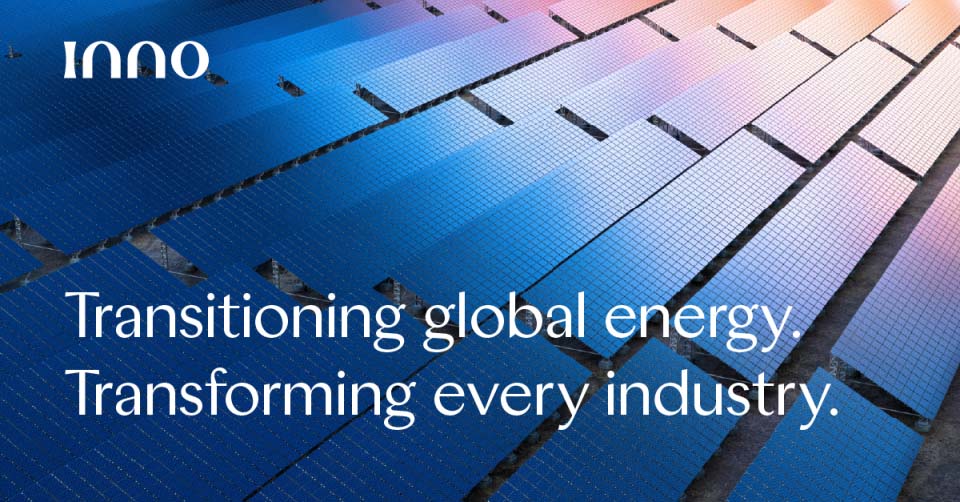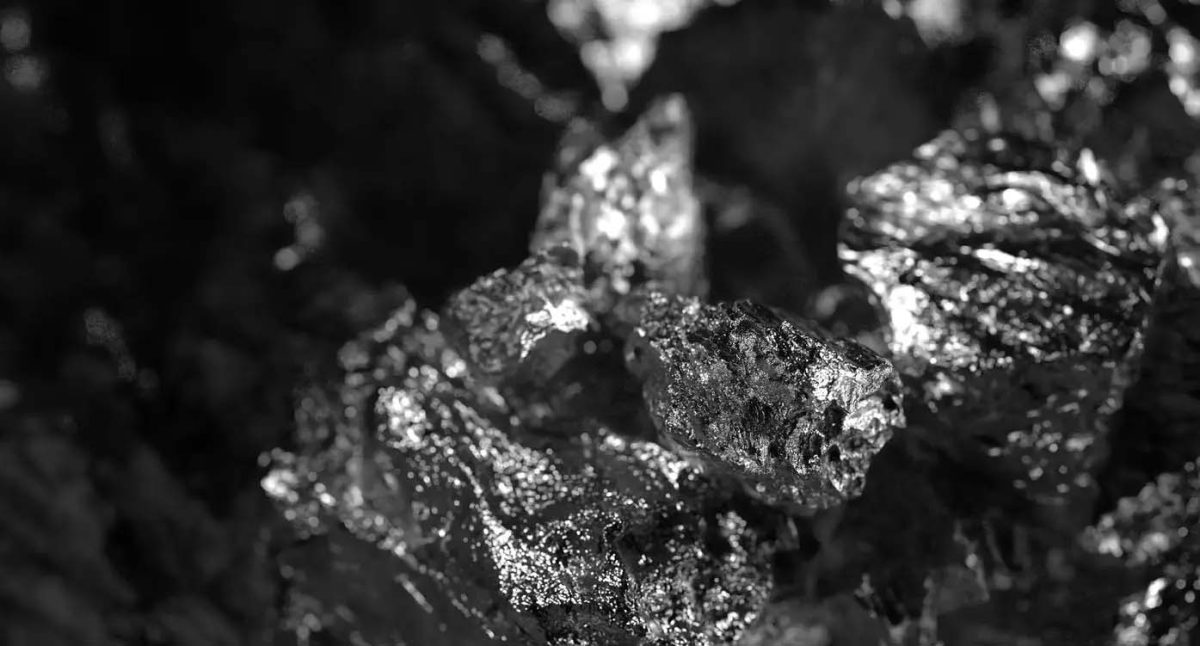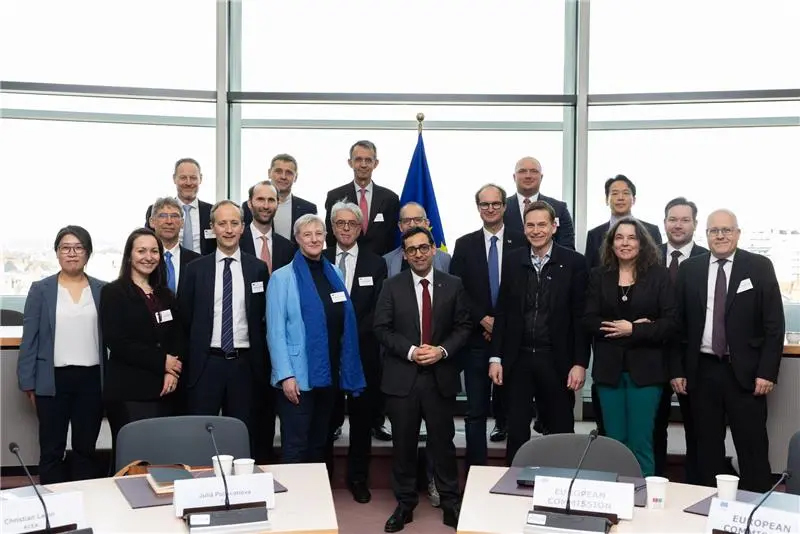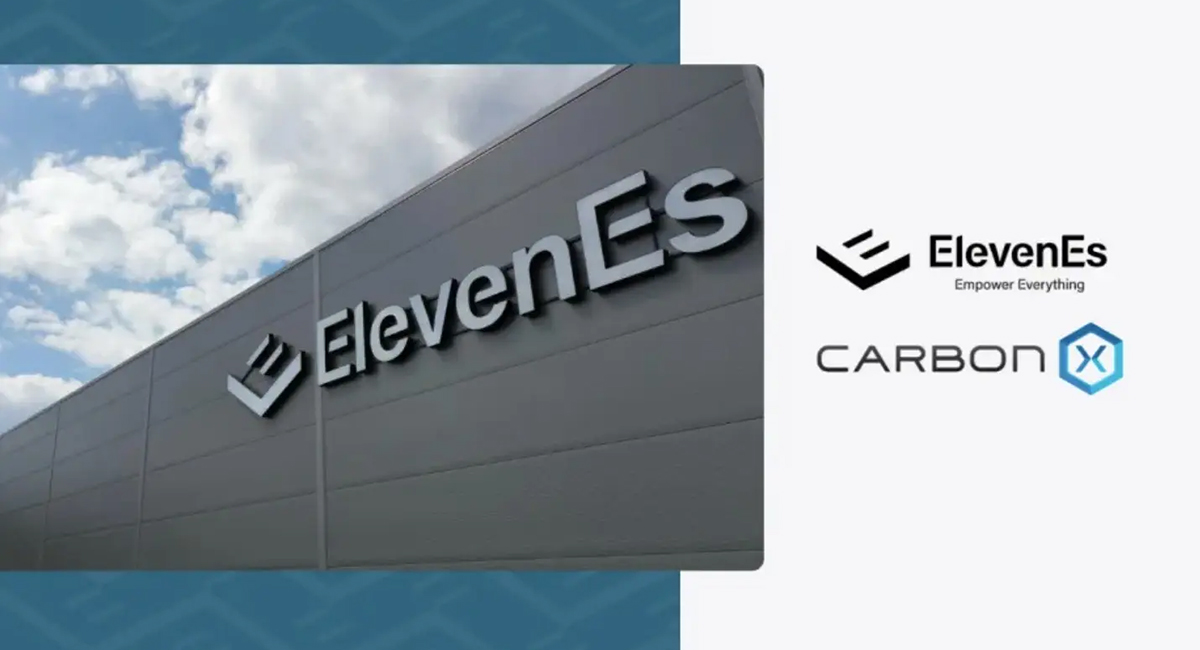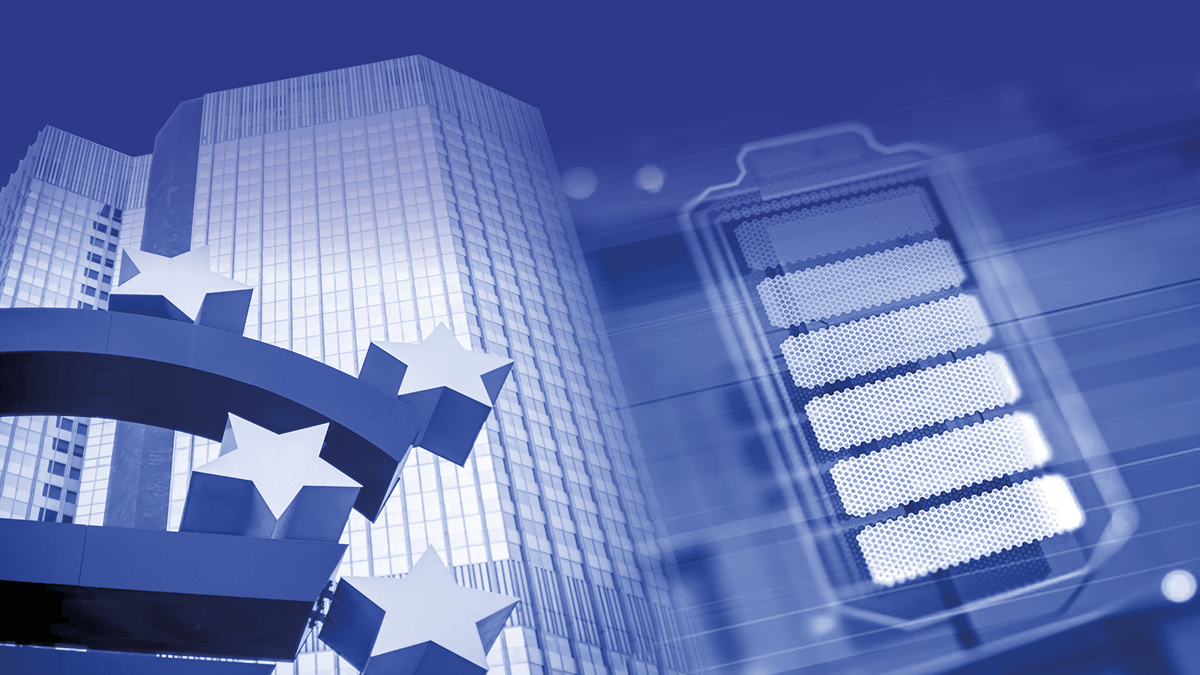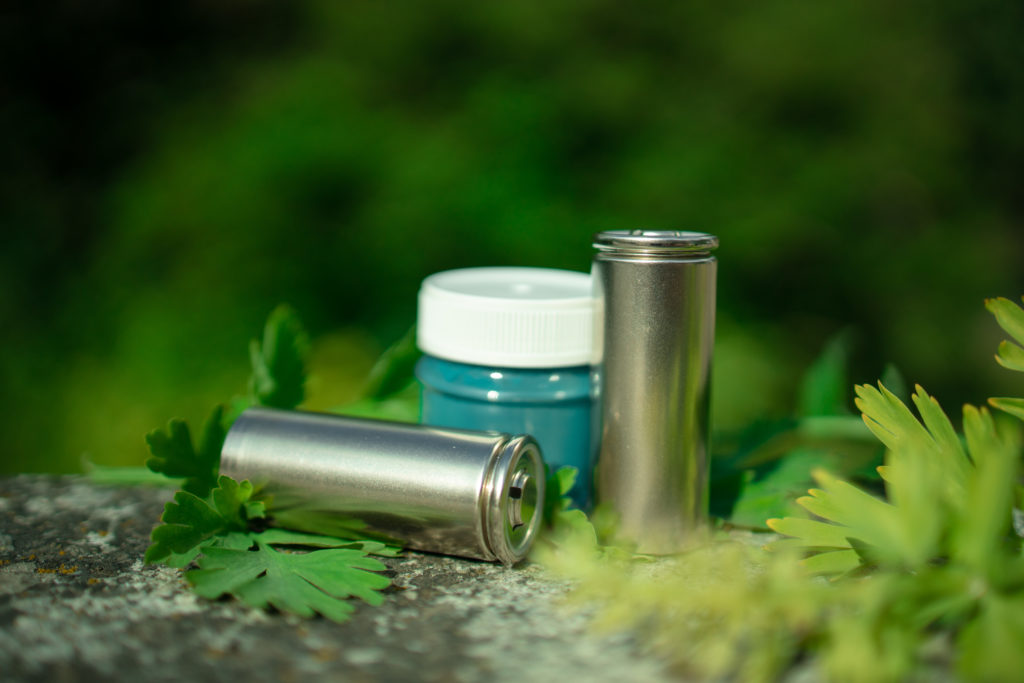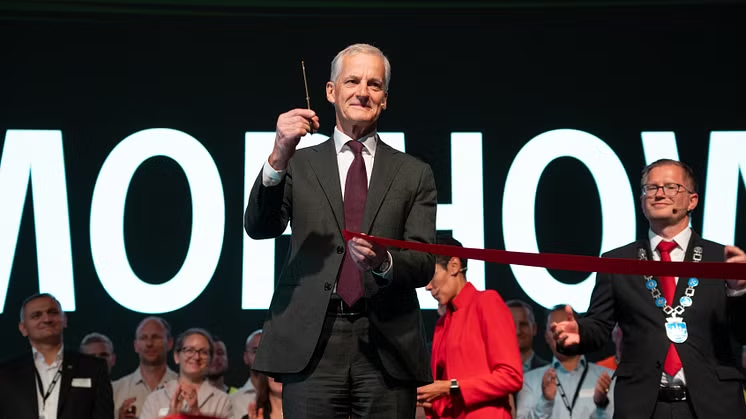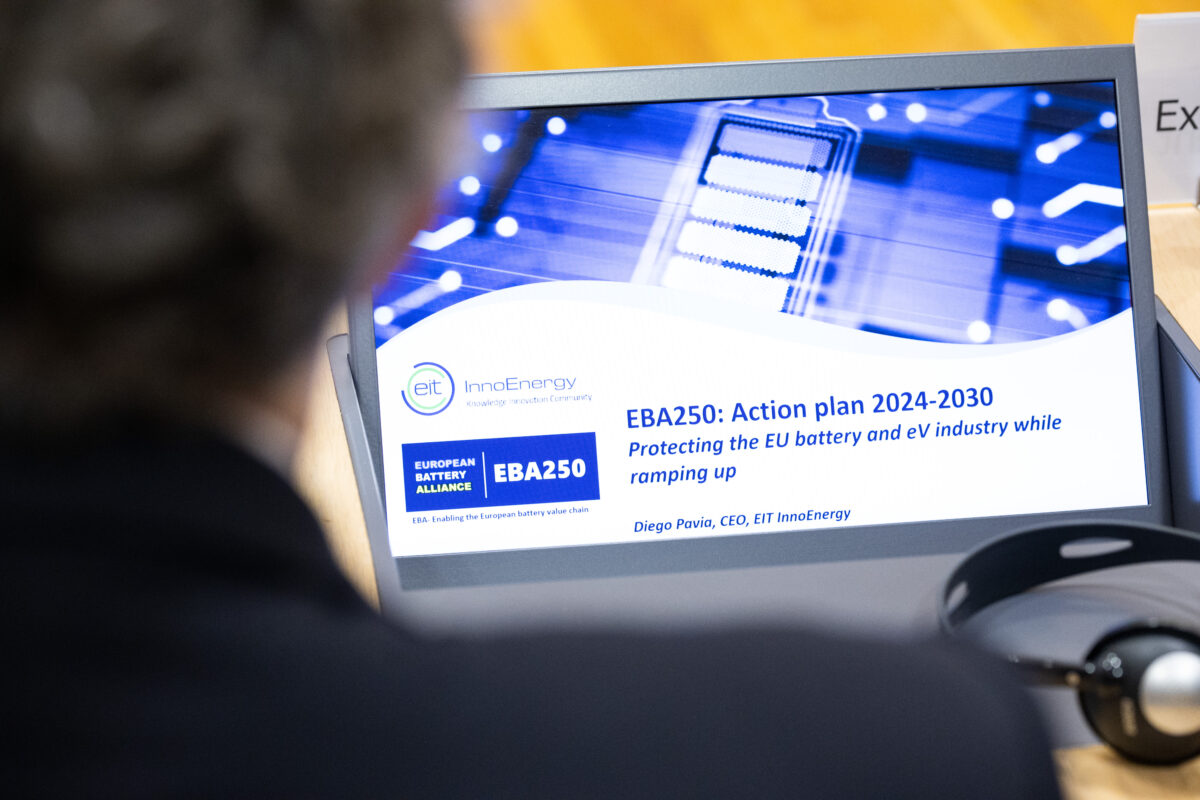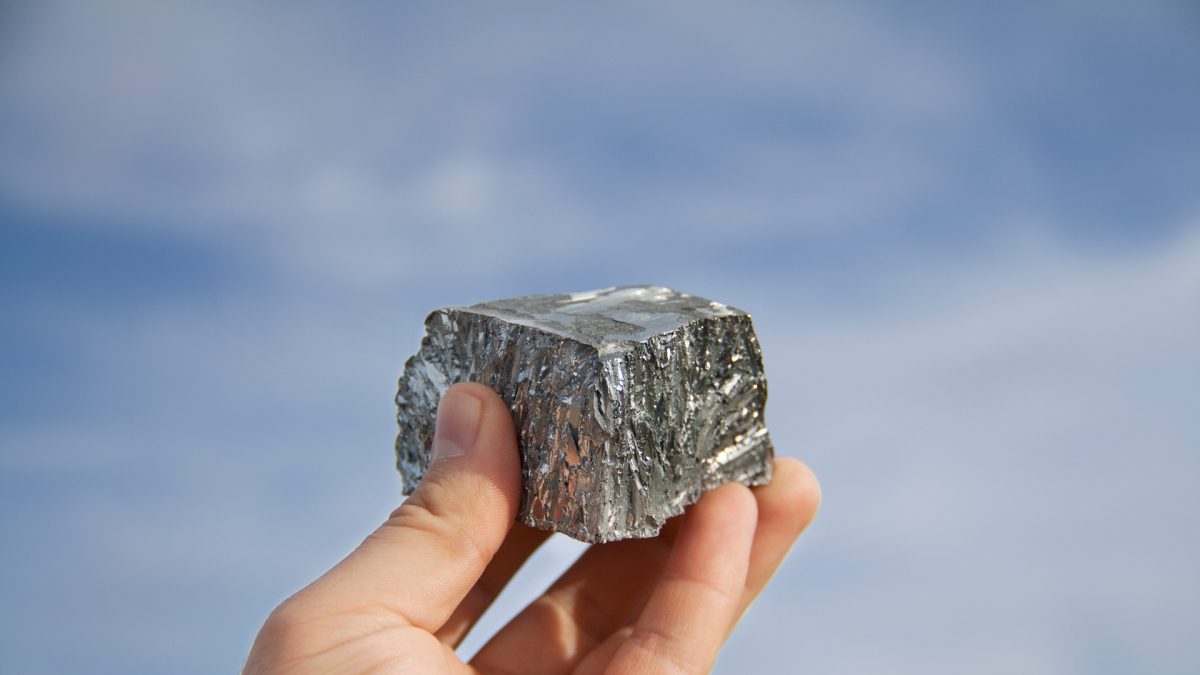
May 7, 2020
Raw materials for the European battery industry and a green recovery
Access to sustainable raw materials is not only an important cornerstone in building a European battery value chain. It is also a strategic security question for Europe’s ambition to deliver the Green Deal. This has been highlighted since the launch of the European Battery Alliance and is manifested as a prioritised area for actions in the Strategic Action Plan on Batteries.
Before recycling can provide significant amounts of secondary raw materials, access to sustainably produced battery raw materials from Europe, as well as from countries outside the EU, is paramount for the transition to a greener and more resilient energy system.
The production of many of the raw materials for batteries is concentrated to few countries. This makes those supply chains especially vulnerable – something that has become even more apparent in the light of the covid-19 pandemic.
This fact has been highlighted in the recent article by IEA stating that “for lithium, cobalt and various rare earths, the top three producers control well over three-quarters of global output. In some cases, a single country is responsible for around half of worldwide production. The concentration of refining operations is also high, with China alone accounting for some 50% to 70% of global lithium and cobalt refining.”
Lithium, being one of the essential components in Lithium-ion battery cells is almost entirely mined and refined outside Europe. With 44%, Chile is the largest supplier of lithium followed by Australia with 32%, Argentina with 11%, China with 5%.
Although lithium is not in short supply, Europe is thus highly dependant on supply from a few countries. Due to this supply risk and recognizing the strategic role of lithium for the European Battery Industry lithium has been tipped to enter the of Critical Raw Materials list that is expected to be published this year.
Since the start of the European Battery Alliance a growing number of projects to mine lithium in Europe have been initiated. Positive news come from the Czech Republic where European Metals Holdings’ shareholders have approved a major investment in the company’s Cinovec lithium and tin project as well as from Spain where Infinity Lithium is developing the San Jose Lithium Project.
Cobalt is another key element in lithium-ion batteries that Europe is highly dependant on importing. With 64% the Democratic Republic of Congo is the largest supplier of cobalt.
In order for batteries to be a true ally for the Green Recovery, it is important to ensure that the raw material that needs to be sourced from resource rich countries outside Europe is both sustainable and traceable. The construction of a battery material plant to produce nickel-cobalt-manganese (NCM) precursor materials for electric vehicles (EVs) by ERG in the DRC might help to create more sustainable and traceable supply chains for battery materials.
However, Europe needs to continue to develop and invest in domestic exploration and mining in order to ensure a sufficient supply of strategic raw materials that are the basis for many key technologies need for a green recovery!
More EBA250 news
InnoEnergy, the driving force behind the EBA250 initiative, introduces today its new brand identity,…
The new EU-funded facility will enhance global raw materials partnerships and access to Critical…
Last week, InnoEnergy and EBA250 represented the battery value chain in Brussels alongside Verkor…
ElevenEs, a European LFP lithium-ion battery manufacturer, has signed a Joint Development Agreement with…
The European battery industry has come a long way since the launch of the…
The 2024 Innovation Fund calls for proposals have been launched this week, with a…
Altris, a pioneering Swedish developer of sodium-ion battery technology, has reached significant milestones that…
Last Friday, Morrow Batteries officially inaugurated the first giga-scale LFP (Lithium Iron Phosphate) cell…
On May 24, 2024, the 8th High-Level Meeting of the European Battery Alliance (EBA)…
Following the recent announcement from EVP Šefčovič on the need to support manufacturing of…
